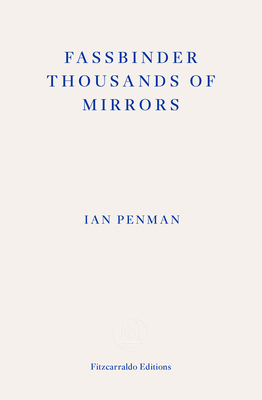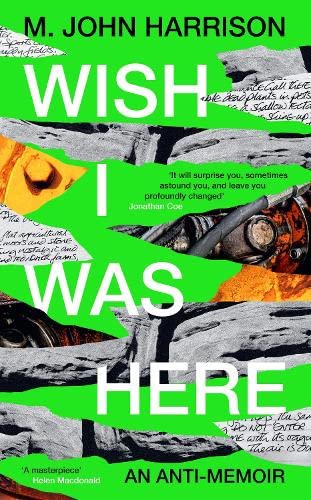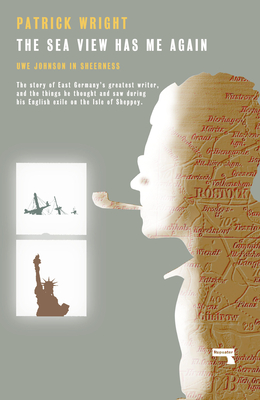From what I can remember of that time, I think I saw him as some kind of integral role model. Incautious, unfettered, improper, untethered. But also… getting the work done.

At this blackened, stub end of the year, it is hard to express what a comfort this book has been for me during the greyish hours between four and six when I have not been sleeping. Because of what it says. About art, about German culture, about death. About the missing link, as Penman puts it, between one era and another.
Because of what it says and because of its sentences. Because of the sense this book gives me, that if I could write something even halfway comparable then I would have succeeded in expressing something of the kind of writer I aspire to be.
Did I ever wonder: why are so many of the things I love either French or German? Did I ever think: how European is it? Or why does the UK feel so parochial and un-European? Why are we so time-stranded and small-c conservative? Such a hidebound culture at the time; plenty of newspapers and small magazines and arts programmes but all of them so Oxbridgey and middlebrow. Absent a whole education in European culture, ancient and modern. I don’t recall ever feeling particularly English or British or Anglo-Saxon or Celtic or whatever; this may partly have been the punkish, puckish spirit of the time, and partly a result of my own, wildly dispersed, non-settled, non-linear childhood, which had nothing like a home town or immediate circle or anything like a secure sense of nationality.
You don’t have to know Fassbinder to love this book. I have seen only a couple of his films: Effi Briest (which I remember as a claustrophobic vision of Bismarck-era Prussian propriety as if viewed through the lens of an unsuccessful film maker from the thirties, thinking about going over to the Nazi party), Die Ehe der Maria Braun, bits of Berlin Alexanderplatz. (Of course I want to see more now. I want to binge-watch.) You don’t need to know Fassbinder to love this book, because this is really a book about how to write biography – your own, someone else’s – and I have been thinking about that a lot recently.
For I do not exist: there exist but thousands of mirrors that reflect me. With every acquaintance I make, the population of phantoms reflecting me increases. (Vladimir Nabokov, The Eye)
The book’s epigraph, from the novella by Nabokov that only VN completists ever read, a postscript to Dostoevsky’s The Double, a precursor to VN’s own Despair, the most Dostoevskian of his novels, this from a writer who was forever insisting how he hated Dostoevsky, how cheap his sentiments, how gaudily lit his scenes. VN, estranged from Dostoevsky as from his own twin brother. A kind of self-hatred, the classic Fassbinder material, the rain across the opening credits neither the ecstatic catharsis of the rain that enshrines Solaris nor the terrifying downpour that powers Suspiria. The grey pouring-out of winter, somewhere in-between.
Watched two episodes on Netflix of the Spanish crime series Bitter Daisies, including now almost obligatory scenes of the detectives’ wall of clues and photos, linked together by differently coloured bits of wool or string. Later that night I dream that eventually I am going to have to assemble this book the exact same way. But what is the underlying mystery or transgression here, crying out to be solved?
A biography of the film-maker, an excavation of self. Writing as if it matters, which it does.
If you loved this book

Or this book

Then you will love this book too.